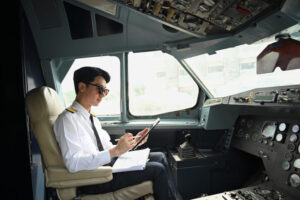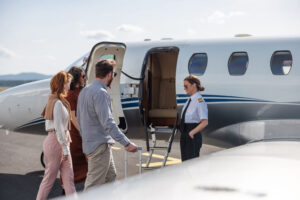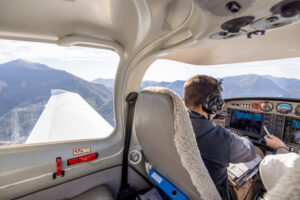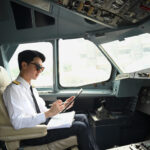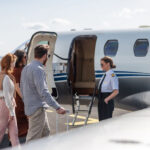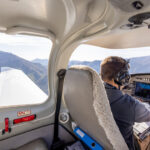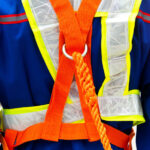Aviation airspace around the Bahamas saw a massive influx of relief flights after Hurricane Dorian
In bold letters, the International Ops Bulletin says “AIRSPACE SATURATED – DO NOT FLY”. The special briefing was intended for all Bahamas Hurricane Relief Flights following the immense devastation of Hurricane Dorian in August. In plain english, the message was clear. Stay out of the aviation airspace around the Bahamas!
We all watch the news and follow the human tragedy unfolding before our eyes. Pilots with airplanes are programmed to help. We load our planes with bottled water, formula, and diapers and take to the sky in record numbers. Surely the hurricane victims need all the help they can get.
The central part of a hurricane sized humanitarian disaster is an information hub that keeps the “helpers” informed. But what happens when that information is scarce, conflicting, and confusing? Chaos. And chaos in the sky with hundreds of well intentioned pilots is potentially another disaster waiting to happen.
The emergency bulletin said it best: “There are simply too many airplanes to be safe. If you are not already involved in the relief effort in an approved capacity, DO NOT FLY.”
There was a fundamental shift in focus from bringing supplies IN to the Bahamas to getting people OUT of the Bahamas. Significant damage made it almost impossible to get any supplies to the survivors in time, so the decision was made to stop the inflow of supplies. It is now more important to get people out of the Bahamas and to a place where there is shelter, water, food, and supplies.
There is a definite need for assistance in such a humanitarian crisis, but make sure you play by the rules and contact The National Emergency Management Agency of The Bahamas (NEMA) and the Bahama Emergency Teams first.
The emergency phone numbers are: (242) 325 9983
Alternate numbers: (242) 362 3895 or (242) 362 3896.
Grand Bahama International Airport (MGYF), Treasure Cay Airport (MYAT), and Leonard M. Thompson International Airport (MYAM) are operating with limited to no ATC facilities. AOPA’s message to private pilots wanting to help is to donate to relief organizations instead.
Hurricane disaster relief flights require coordinated, useful and accurate information. Lives depend on the generosity of people who are willing to help, but the authorities must stay in control of the rescue effort. Paying close attention to the current operations summary will ensure that your contribution will help save lives, not add to the chaos.
RELATED CTS TRAINING


